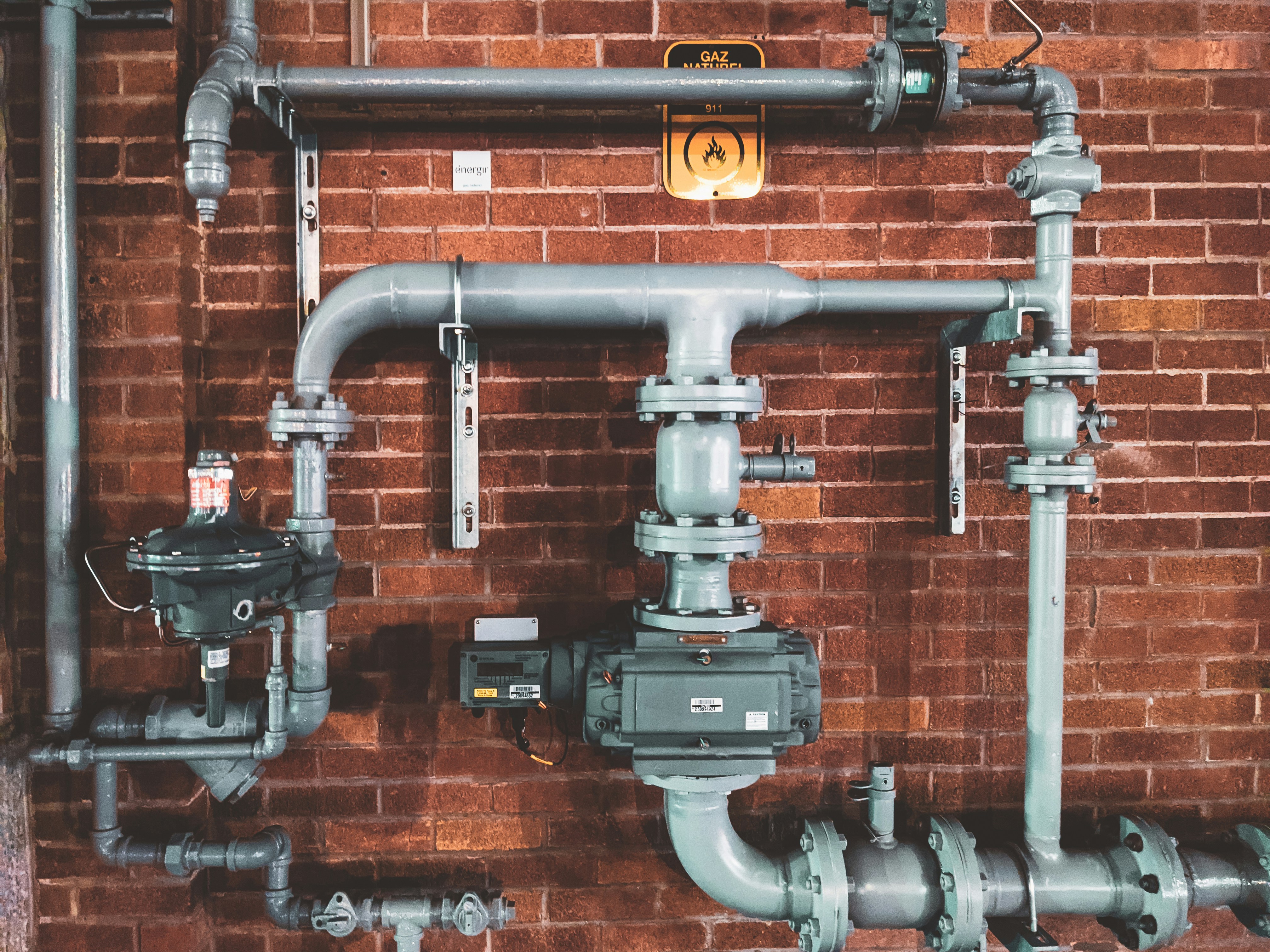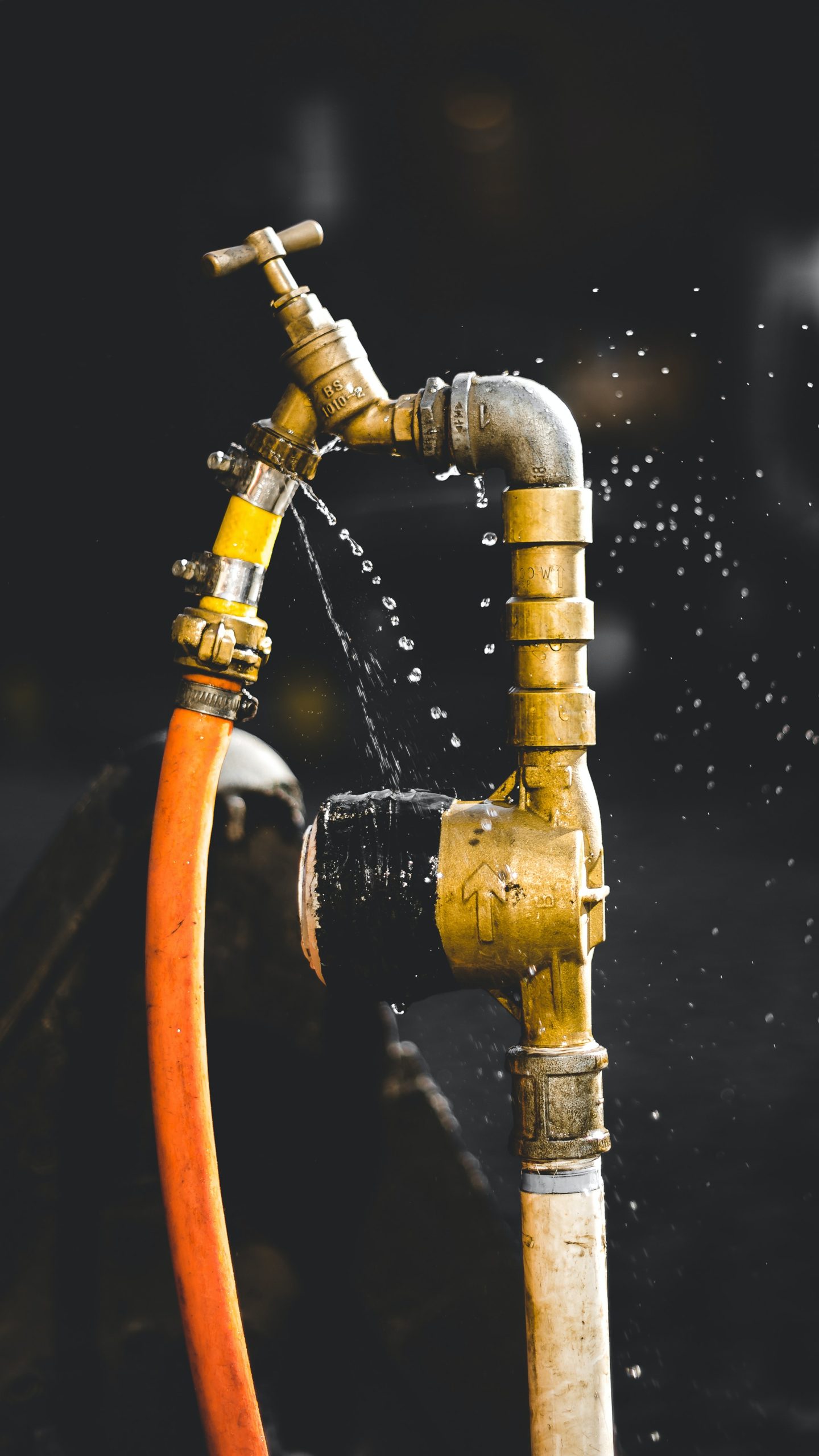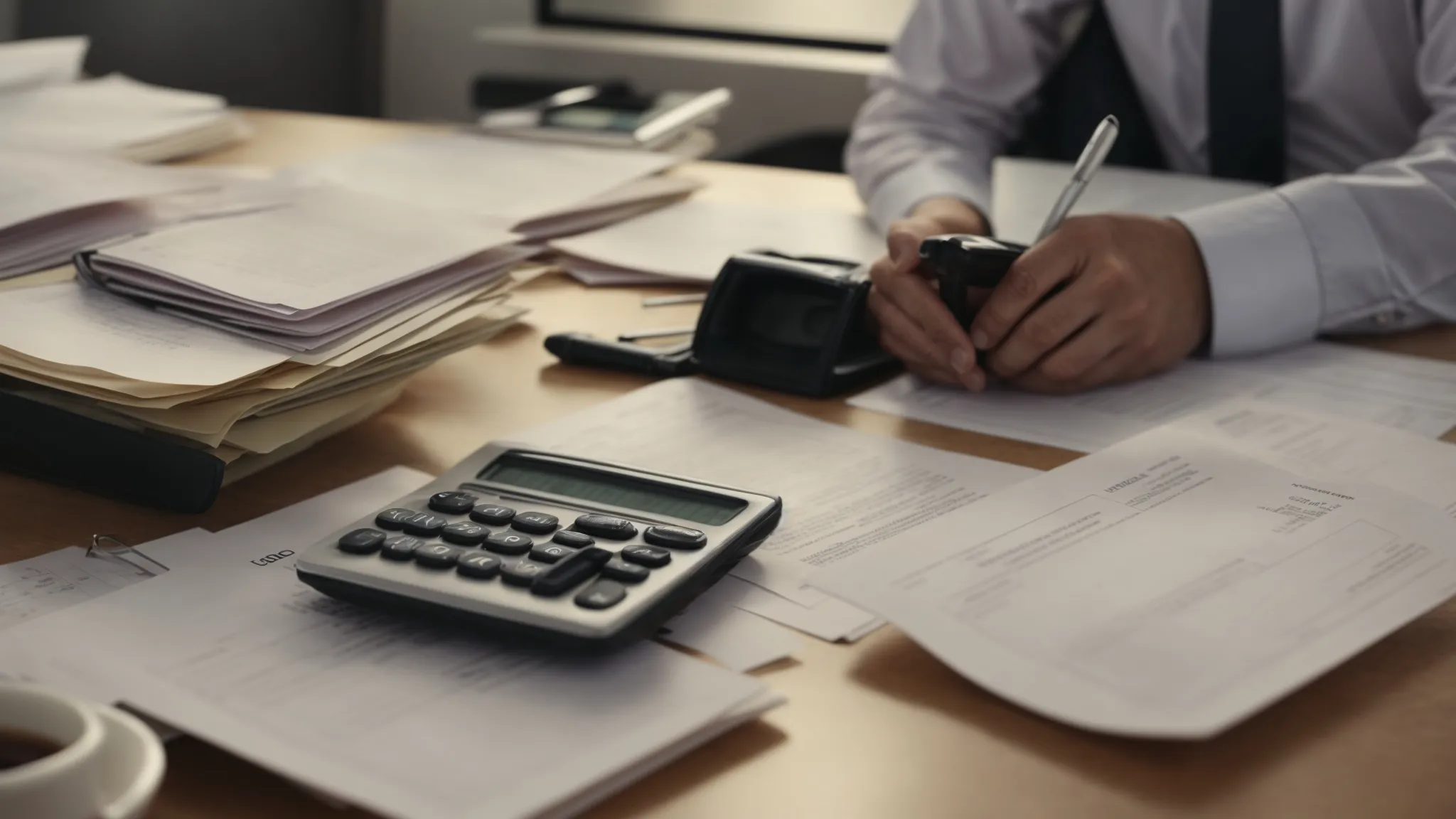One of the biggest things that you’ll have to deal with when it comes to your home, new or old, is the plumbing. The waterworks system (interior and exterior) of your home is what will keep your water systems running smoothly. This plumbing system transports water throughout the home to various rooms and different devices. These include sinks, showers, appliances, and lavatories. The plumbing system also serves the purpose of separating cold and hot water pipes throughout your house, allowing you to control the temperature of any water which is used. When it comes to waterworks systems both the water and drain systems cannot mix. If they do, then the water supply of your home will become contaminated.
Keeping in mind each of the various functions of a plumbing system, and how it can either help or hurt your home if not properly maintained, plumbers are sometimes needed. Currently, there are 480,600 technicians in the United States to choose from if you ever have a waterworks related issue at your home. Showing that there is a huge demand for the services of such workers, the plumbing industry alone in 2020 is expected to have a total revenue of $107.3 billion. We know what a water system is, and that there are many plumbing technicians to choose from if you ever have a waterworks related issue in your home. Below, we’ll discuss some of the five most common water system issues are around your home.
1. Clogged Drains and Toilets

As you watch for issues with your plumbing one of the most common things that you’ll come across are clogged drains and toilets. The description of this issue is pretty much straight to the point. These plumbing related issues are occurrences when you see water back up in a sink or shower and not drain in a proper amount of time. Another instance of a possible clogged drain is when the water in a lavatory doesn’t drain, and your latrine overflows.
Clogs are can be caused by any number of factors. Hair is often the reason for clogs in most sinks, bathtubs, shower drains; accumulating in such a fashion that they prevent water from being cycled through. In the cases of lavatories, when non-dissolvable items are placed in them then this can create a blockage.
A temporary stopgap for each occurrence is to go and get a drain removing solution from your local grocery or hardware store. Another option is to use a plunger to remove the blockage from the drain itself. If you can’t easily remove the blockage yourself, then call a plumber. They are better trained to deal with tackling such issues in a timely fashion and can prevent any further damage to your plumbing system.
2. Leaky Faucets and Pipes
Any type of leak in your home can drive you crazy. The repeated sounds of dripping water can be a nuisance that you want to do away with as soon as possible. If you take care of a leaky valve sooner rather than later you can save up to 10% on your water bill. Leaky valves with drippage at one drip per second add approximately over 3,000 gallons every year. For your sanity, and to save money, it’s best to handle a leaky faucet or pipe as soon as possible.
Leaks in faucets and pipes often occur due to a damaged washer that forms the seal on the tap. This can occur because of tearing, dislodging, or stiffening. You can prevent or even slow down such wear by turning bathroom faucets off and on slowly. Also, look for small drips, and visible rusting to locate indications that a leak is occurring.
Fixing a leak in a faucet or pipe can be accomplished by simply replacing the worn washer on your faucet. Repairs such as these aren’t as complicated as say trying to tips on how to flip a house for maximum profit. You can simply go to any local hardware supply store, find your missing piece, and do the work in most cases. If a more complicated step is needed, then it’s always a good idea to call a plumber.
3. Water Heater Issues

When you go to take a warm shower, and a torrent of cold water strikes your body, it’s time to possibly get your water heater repaired. When you see any number of signs like dripping water, puddles of water, and discolored water around your water heater, you’re in need of a repair. Water heater leaks and mineral deposits can often cause problems in water heaters and eventually lead to water damage.
If you check your water heater on a regular basis, check the pressure valve regularly, and flush the tank periodically to remove sediment, you can prevent future water heater issues from cropping up. In most cases, it’s best to contact a licensed plumber if issues with your water heater arise. Most often, repairs such as these aren’t do-it-yourself jobs, so it helps to hire someone who knows what they’re doing.
4. Running Toilet
You’d think that if your toilet is running, why not just try and catch up with it? Okay, bad dad jokes aside, running toilets are a common plumbing issue. This happens when the inner workings of a toilet are no longer working properly. This can also be caused by an imbalanced float, loose-fill tube, or a leak. By checking the various parts of your toilet you can make sure that they will work properly.
You can replace the non-functioning parts of the toilet to help stop the toilet from running. If this doesn’t work, it would then be a good idea to contact a plumber to help out further.
5. Jammed Garbage Disposal

There are sometimes moments where your kitchen doesn’t smell the best. Maybe it was last night’s onion filled recipe that has left a pall of a smell in your home, or maybe it’s the trash that needs to go out. In some cases, it might be the result of a jammed garbage disposal. Garbage disposals can get jammed because of certain food substances that aren’t properly shredded or destroyed by the disposal itself. When the food sits in your drain without being removed, it can create an unwanted smell.
Other reasons for a jammed garbage disposal include operating disposals without running water or allowing silverware to get caught in the disposal. When your garbage disposal isn’t working, first hit the reset button on the disposal, and make sure that the disposal is off. Remove whatever is causing the jam so that the garbage disposal can work uninterrupted.







